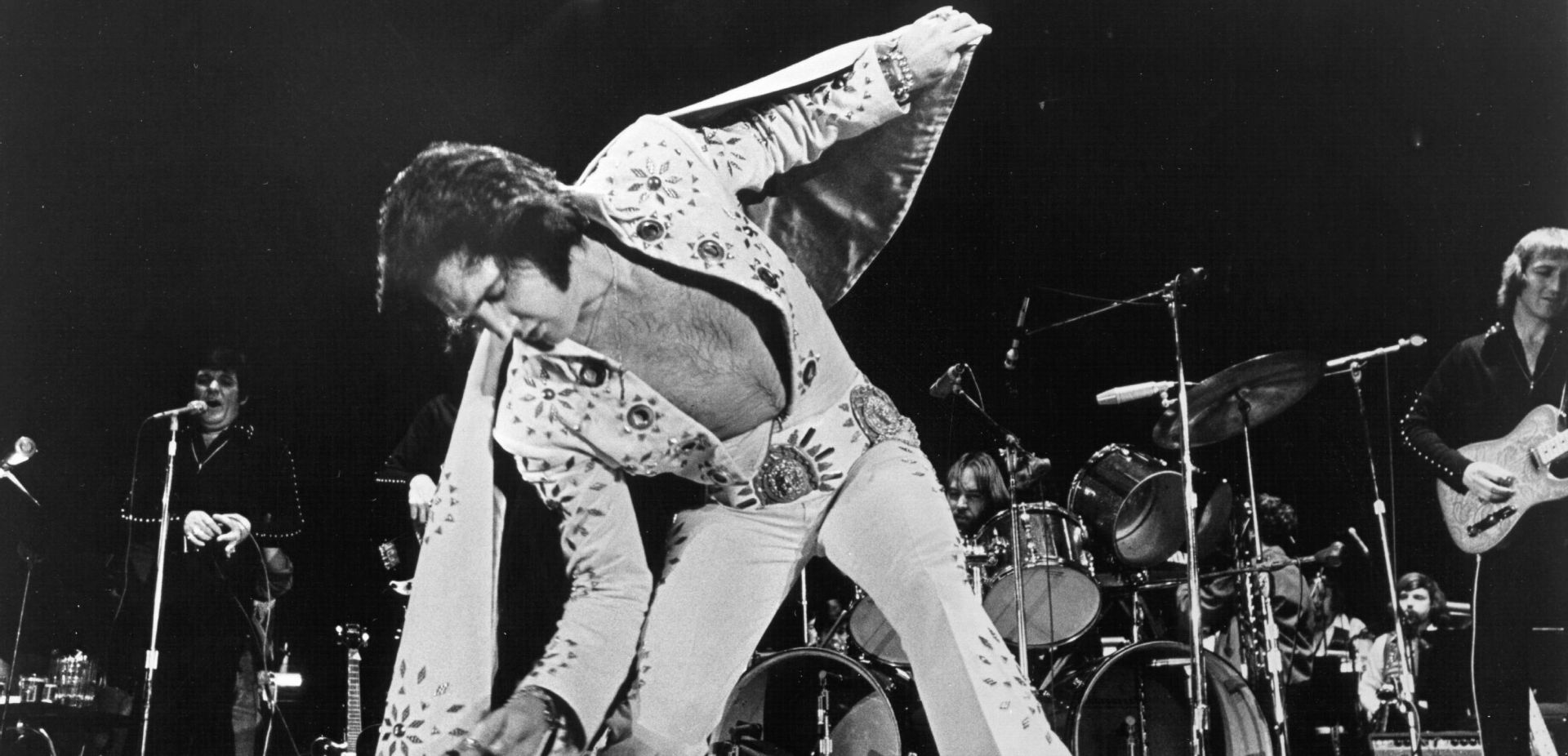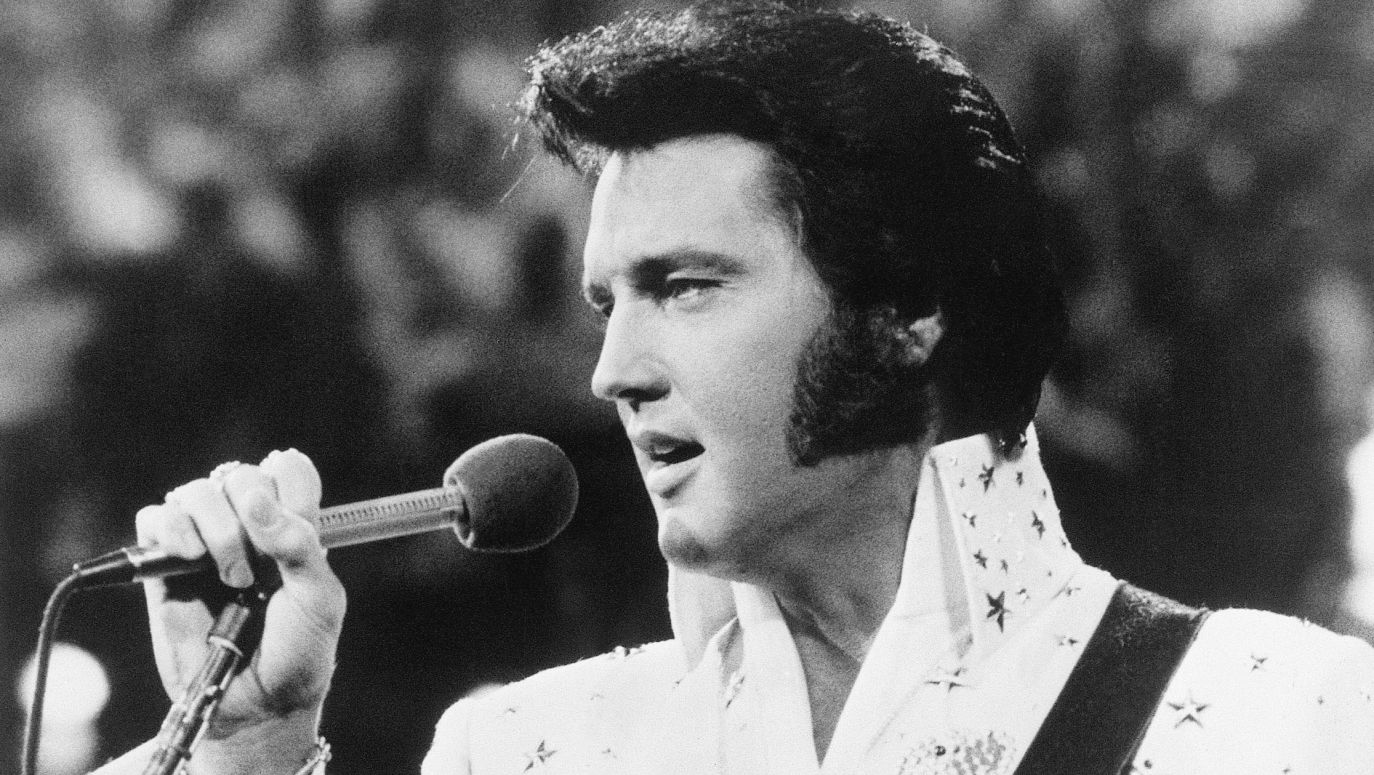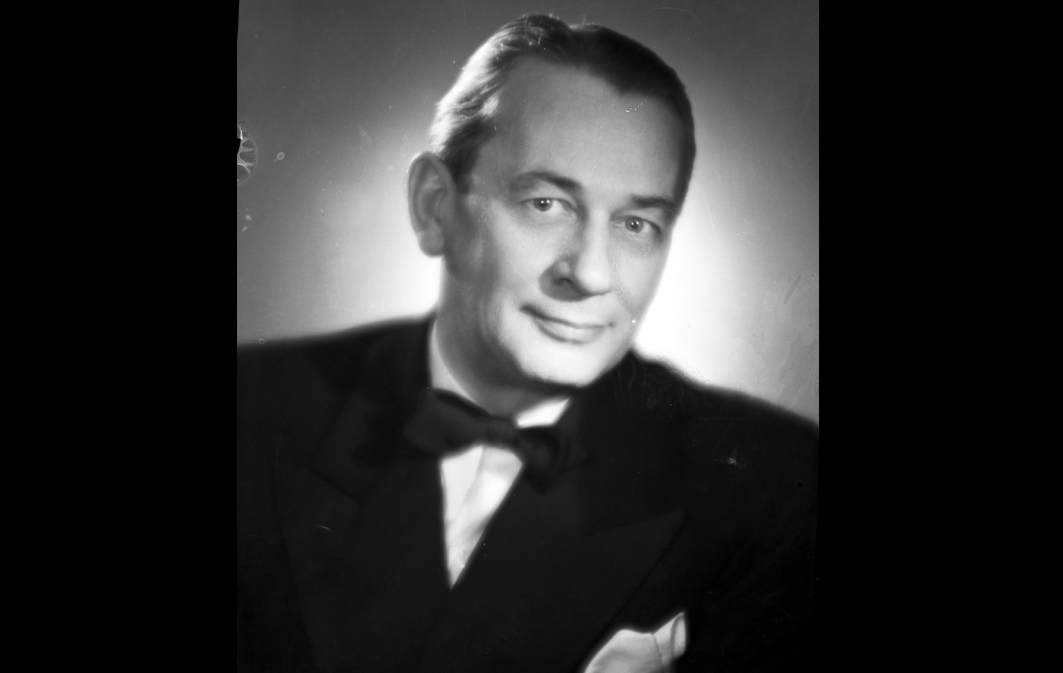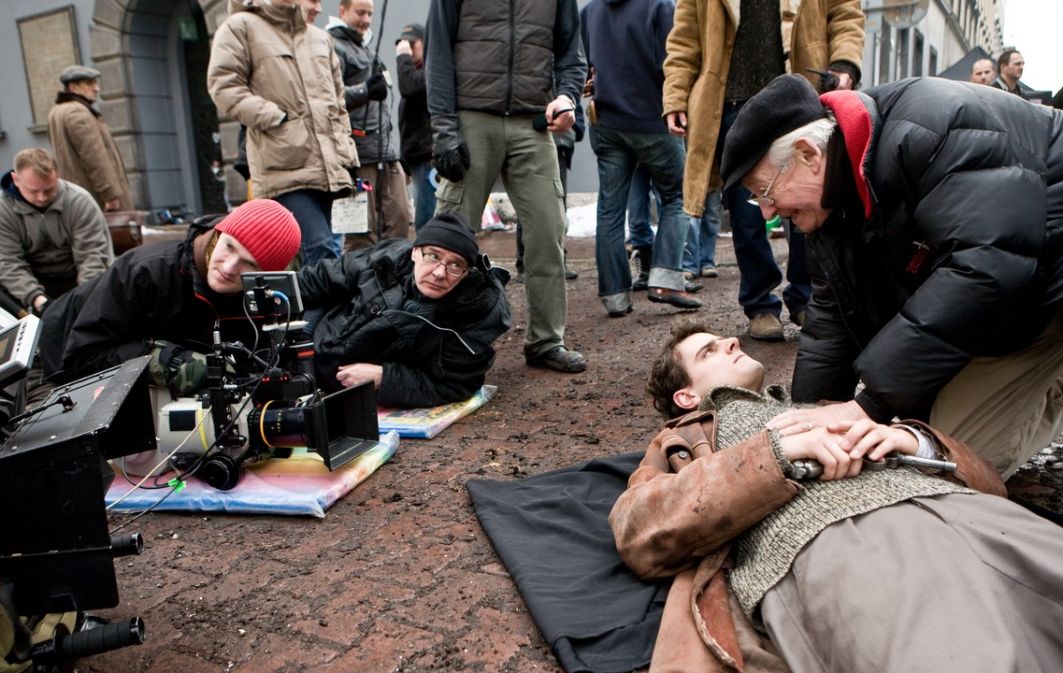Yes, yes, dear young people. It used to be that stage stars were referred to by terminology taken from the world of monarchy. Thus, the media and fans anointed the king of rock'n'roll (Elvis Presley) and the king (Michael Jackson) and queen (Madonna) of pop. There have also been self-proclaimed monarchs Prince and Queen. However, the audacious attribution of rulerly titles has never led any serious journalist to dethrone them in the media. Why? The reason is simple: the undisputed artistic greatness of the work of Prince Rogers Nelson and Freddie Mercury's band. Today, there seem to be fewer such terms in the media - but I dare not, in a short column, answer the question why.
One thing is certain, Baz Luhrmann has made such an evocative piece of filmmaking that - in a nutshell, so to speak - it allows the (also younger) viewer to understand who the idol was in the 20th century. Well - according to this vision - the idol was de facto someone not of this earth, a superhero who possessed supernatural powers and abilities. The analogy to superheroes seems apt also because many of them were initially ordinary people with various weaknesses, social conditions and family problems. It was only later that something extraordinary happened that set them on the path of fighting arch-villains and supporting ordinary people.
 SIGN UP TO OUR PAGE
SIGN UP TO OUR PAGE

In Elvis' case, it was much the same - this musical initiation moment, portrayed with great artistry in the film, is the almost mystical enlightenment he experienced between the world of the sacred (ecstatic gospel singing in church) and the profane (raw blues performed in a cheap bar by a black guitarist, with a couple passionately hugging). It was then that Presley received a superpower. Before long, it was to allow him to gain an overwhelming influence over people. The superhero's birth is hastened by his later manager - salvation and curse in one person, in other words, a full-blown arch villain. It is he who will be the catalyst for change in the star's life, and at the same time the demonic destroyer of his career. So much for Buz Luhrmann, or rather his authorial vision. Let's add right away - a vision that leaves other cinematic musical biopics of recent years far behind, namely Bryan Singer's "Bohemian Rhapsody" (2018) and Dexter Fletcher's "Rocketman" (2019).
The figure of the pop idol, which thanks to the film takes on the force of a parable, says a lot not only about the mechanisms of elevating a gifted individual to a pedestal - after all, Elvis' great career is the pioneering one in pop culture, this is where everything happened first - but also about its destructive effect on both the star himself and the 'followers' of the short-lived cult. On the one hand, thanks to the King of Rock'n'Roll, a new pop genre was popularised, the black music in which the artist grew up was to some extent valorised, and segregationist attitudes prevalent in the USA of the 1950s were broken down. But on the other hand, his personal weakness, like that of any man in his position, could not bear the burden of being responsible for the love of his admirers and playing the role of someone great, able to do more than mere mortals.

 SIGN UP TO OUR PAGE
SIGN UP TO OUR PAGE
 In Elvis' case, it was much the same - this musical initiation moment, portrayed with great artistry in the film, is the almost mystical enlightenment he experienced between the world of the sacred (ecstatic gospel singing in church) and the profane (raw blues performed in a cheap bar by a black guitarist, with a couple passionately hugging). It was then that Presley received a superpower. Before long, it was to allow him to gain an overwhelming influence over people. The superhero's birth is hastened by his later manager - salvation and curse in one person, in other words, a full-blown arch villain. It is he who will be the catalyst for change in the star's life, and at the same time the demonic destroyer of his career. So much for Buz Luhrmann, or rather his authorial vision. Let's add right away - a vision that leaves other cinematic musical biopics of recent years far behind, namely Bryan Singer's "Bohemian Rhapsody" (2018) and Dexter Fletcher's "Rocketman" (2019).
In Elvis' case, it was much the same - this musical initiation moment, portrayed with great artistry in the film, is the almost mystical enlightenment he experienced between the world of the sacred (ecstatic gospel singing in church) and the profane (raw blues performed in a cheap bar by a black guitarist, with a couple passionately hugging). It was then that Presley received a superpower. Before long, it was to allow him to gain an overwhelming influence over people. The superhero's birth is hastened by his later manager - salvation and curse in one person, in other words, a full-blown arch villain. It is he who will be the catalyst for change in the star's life, and at the same time the demonic destroyer of his career. So much for Buz Luhrmann, or rather his authorial vision. Let's add right away - a vision that leaves other cinematic musical biopics of recent years far behind, namely Bryan Singer's "Bohemian Rhapsody" (2018) and Dexter Fletcher's "Rocketman" (2019). 




